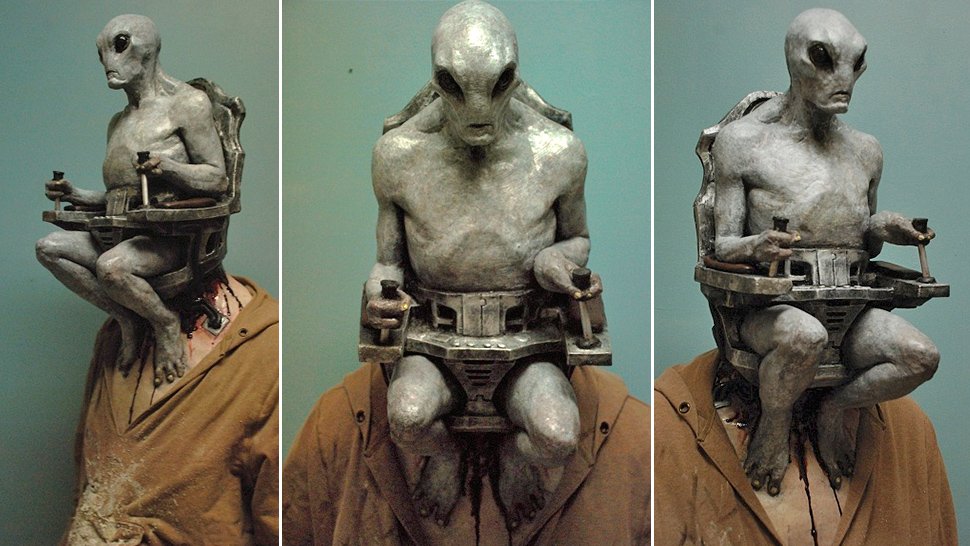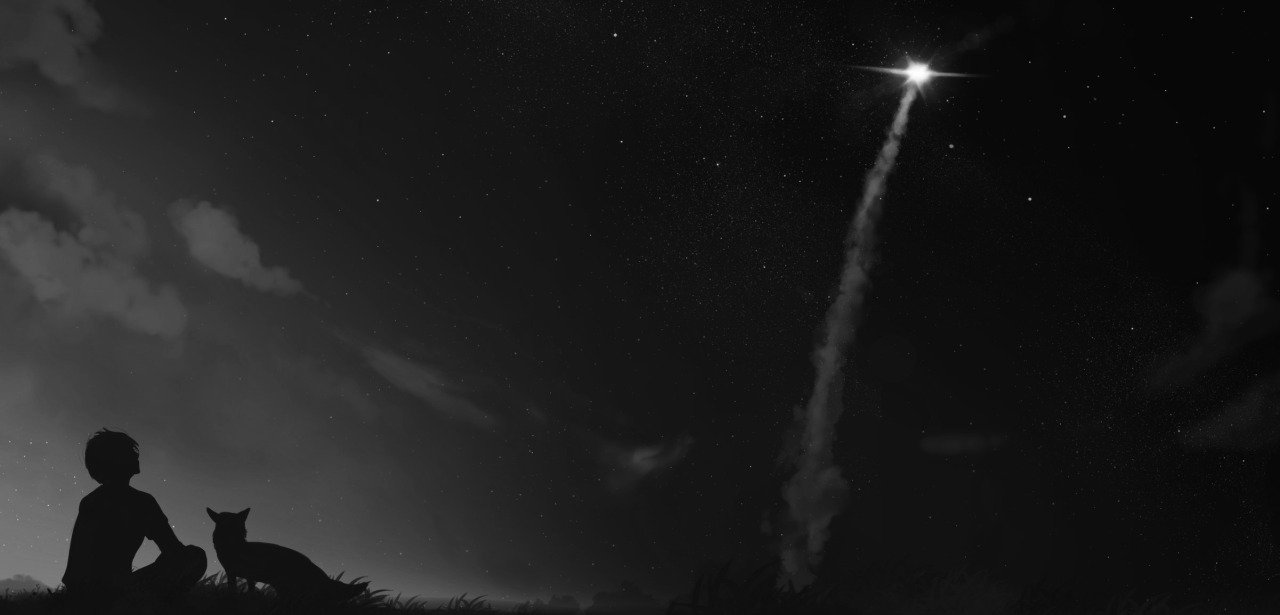Life has a taste for simplicity as much as it does for efficiency. Complicated mechanisms, such as human intelligence, emerge from unique events involving competition. Concerning this planet at least, what we have come to call as intelligence is a product of entropy. The odds of this process being reproduced are similar (if not greater) to a tiny meteor landing as a piercing on a human earlobe.

The issue here is not about statistics. It understandable that one might have more chances in winning the lottery when buying 1000 instead of 10 tickets. Statistics though still fall short when trying to replicate all the different variations of the ink molecules on each different nanofiber of each ticket.
It is believed that human-like intelligence can exist in the universe based on the narrative of statistics. In fact the number of galaxies is irrelevant for this problem.
Human intelligence is not about a statistical event but rather a unique event. In the same way one cannot replicate anything composite in this universe.
One can make 2 prints of the same winning lottery ticket but on a micro-level those tickets will be vastly different. The similarity is apparent only to the concept of winning. In the same way an outside observer can judge DNA replication as the same form of intelligence for all life on earth.
The reason why human intelligence is unique is rather simple; there are vastly better ways for a being to survive within their environment rather than create such an elaborate function. For example the evolution of speed, efficient antibodies or massive reproduction rates, are mechanisms shared by many species because of their evolutionary efficacy.
In contrast, an ability to build a shelter—a massively complicated structure, involving many cognitive processes from a single organ—becomes obsolete when the body can retain heat via elongating existing hair into fur. Similarly, bows and arrows are very much useless when a being is equipped with claws and speed. The first apes did not even have to make this leap forward for millennia because there was no need. Remember those weird (and useless) japanese inventions? Same logic applies with the evolution of human intelligence.

The human brain has essentially bailed out humanity from evolutionary bankruptsy. Humanity sucks at pretty much everything when compared to other mammals on this planet. Whether one examines eyesight, hearing, smell, speed or hunting abilities all other animals look like the X-men when compared to humans. As a result, evolution resorted in developing unusually large brains extremely fast, in order to compensate for all these shortcomings.
Nonetheless, humans are generally proud for themselves. There is a belief that some kind of evolutionary ladder has been climbed. Other species seem to reside below while humans look up to the stars to find a match. The error with this rhyme of thought, is that any other species can think just about the same about its own kind. Uniqueness has nothing to do with superiority. As Douglas Adams has put it:
“For instance, on the planet Earth, man had always assumed that he was more intelligent than dolphins because he had achieved so much—the wheel, New York, wars and so on—whilst all the dolphins had ever done was muck about in the water having a good time. But conversely, the dolphins had always believed that they were far more intelligent than man—for precisely the same reasons.”

It is fun to entertain one's mind with the Drake Equation or the Fermi Paradox but both seem to fall short when reality is introduced. Mere theories build on statistically deficient models. Their only use is to expand the human imagination - which is not necessarily a bad thing.
The universe runs on chaos. The human desire to acquire meaning through patterns remains an illusion—a usefull one nonetheless. Humanity values itself so much that something similar or ever superior to it must and should exist. This desire is not only reflected in the perception of the universe but also in daily affairs.
Order is seeked due to the briefness of human life. Earthquakes, floods, tsunamis and disease are viewed as "disorderly" and a threat to survival. In fact the universe was build on this very "order". Chaos is the law of nature. Order is the illusion of humanity.
